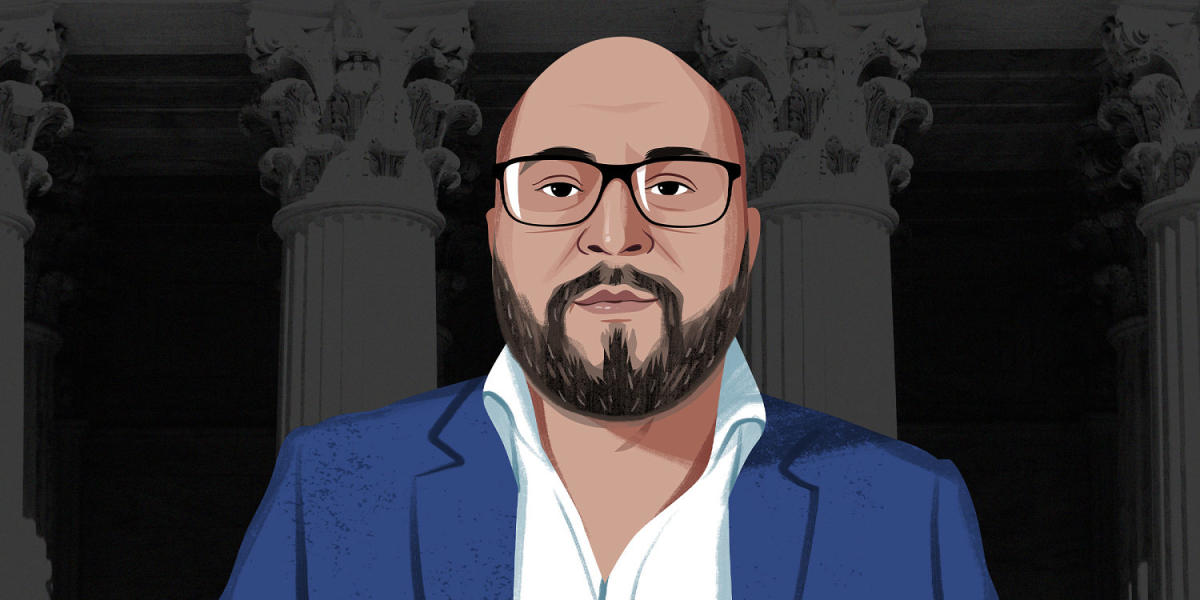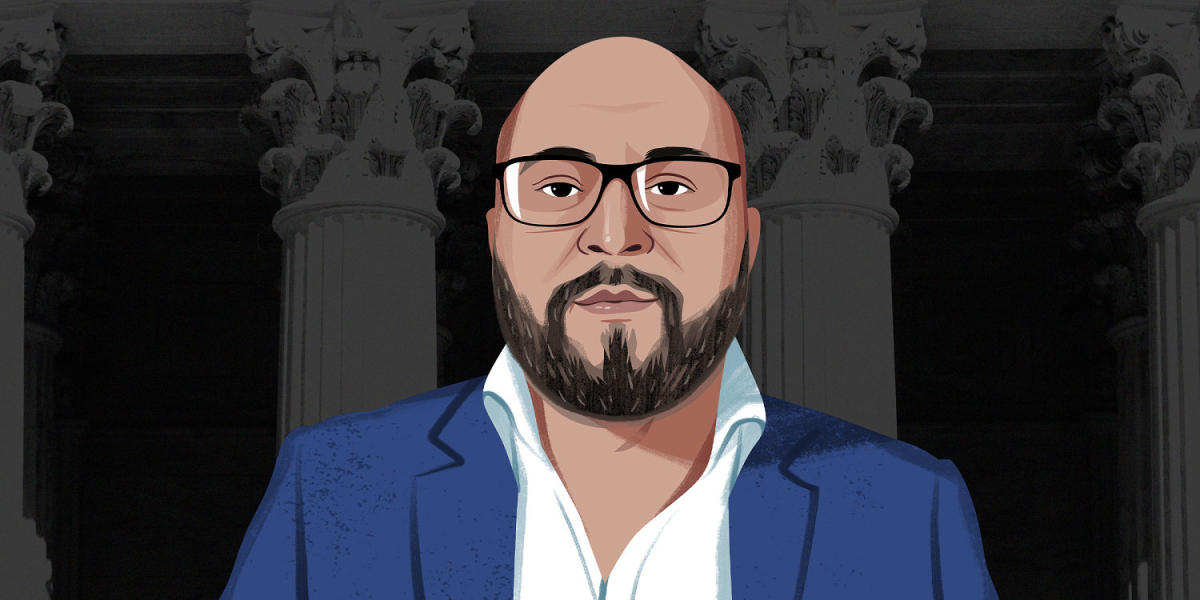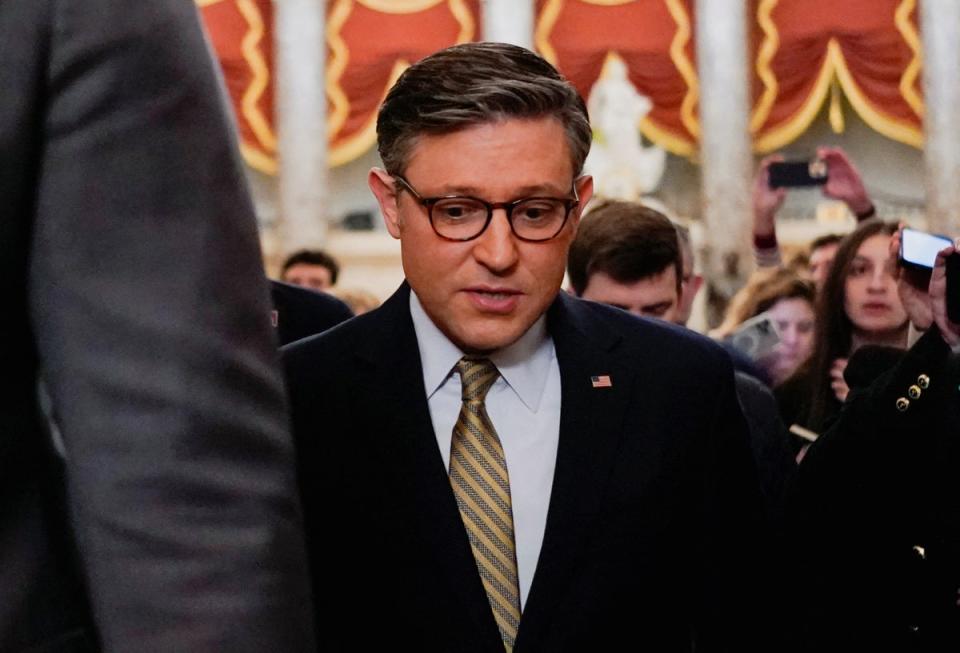
“If President Biden were to grant pardons to Trump’s opponents who are likely to be targets of his new compliant Department of Justice, would their acceptance of the pardons constitute an admission of guilt?”
— Alma Suzin Flesch, New York City
Hi Alma,
Not necessarily.
In 1915’s Burdick v. United States, the Supreme Court said that a pardon “carries an imputation of guilt and acceptance of a confession of it.” At first glance, that language would seem to answer your question in the affirmative. But the question in Burdick wasn’t whether accepting a pardon means admitting guilt. Instead, that appeal asked whether a person could turn down a pardon (the high court’s answer was “yes”).
Advertisement
Advertisement
The court’s observation about guilt in Burdick is known as “dicta” — meaning language that’s unnecessary to an opinion — as opposed to the case’s “holding,” which announces the binding rule for the future in our common law system of precedent. At least, a federal appeals court said so a few years back when it rejected a broad reading of that Burdick language and said that “not every acceptance of a pardon constitutes a confession of guilt.” Of course, whether opinion language counts as dicta or binding law can be the subject of litigation — as we saw in Trump’s classified documents case — and we don’t know what the Supreme Court would say if the issue were presented to the justices today.
But even putting precedent aside, there’s a common-sense reason that accepting a pardon doesn’t automatically admit guilt. That’s because pardons can be issued for different reasons. Sometimes, they’re granted after a person was clearly guilty and then rehabilitated themselves and the like. However, a president might also think that someone is innocent. So it’s difficult to see how accepting a pardon would amount to a confession in all circumstances. The innocence distinction alone suggests a case-by-case evaluation is warranted.
Subscribe to the Deadline: Legal Newsletter for expert analysis on the top legal stories of the week, including updates from the Supreme Court and developments in Donald Trump’s legal cases.
With that said, it seems challenging to preliminarily pronounce innocence on a broad scale when it comes to potential pardons of Trump administration targets. Part of the problem with the president-elect’s and his allies’ retribution statements is that they haven’t been tethered to specific crimes. So, it isn’t clear which offenses would be the subject of charges and, thus, pardons. That lack of specificity could give President Joe Biden reason to issue (and recipients reason to want) blanket preemptive pardons for any federal crimes across a specific time period — as he did for his son, Hunter.
Advertisement
Advertisement
But in such a situation, could Biden safely conclude that, for example, former Jan. 6 committee vice chair Liz Cheney is innocent of any crimes over a span of years? The reason it would be difficult to do so has less to do with Cheney herself than with the expansiveness of the criminal code. It would be tough to state with certainty that anyone is innocent of all crimes, even if only relatively minor ones.
Therefore, the sort of pardon that Cheney and others might need to guard themselves from prosecutorial retribution might be hard to call an innocence pardon — at least before knowing the alleged facts or theory of the case behind any crimes charged.
But whether that matters to a potential pardon recipient is a personal decision that can be more complicated than one might think. Certainly, it’s more complex than assuming: If I didn’t do anything wrong, what do I have to worry about?
From a practical standpoint, a more significant consideration could be whether a potential recipient’s priority is wanting to avoid risking time, money and possible prison time to defend themselves even if they’re innocent. While there’s a certain logic and perhaps even a seeming bravery in calling the next administration’s bluff, innocence doesn’t guarantee vindication in court. And even if such vindication comes, it’s not without real-world costs that should also factor into the analysis.
This article was originally published on MSNBC.com
EMEA Tribune is not involved in this news article, it is taken from our partners and or from the News Agencies. Copyright and Credit go to the News Agencies, email news@emeatribune.com Follow our WhatsApp verified Channel





